Best Business Software of June 2023
Choose accounting, payroll, POS and payment processing solutions that your business won’t outgrow. The right software might not be free.
Many or all of the products featured here are from our partners who compensate us. This influences which products we write about and where and how the product appears on a page. However, this does not influence our evaluations. Our opinions are our own. Here is a list of our partners and here's how we make money.
The right business software for your company minimizes manual data entry on multiple fronts, whether it’s categorizing transactions, recording in-person sales, tracking inventory, generating invoices or making sure your employees get paid on time. Before choosing a product, verify that it integrates with the rest of your system.
Most businesses will need accounting software to keep their finances in order. Other business software products to consider include point-of-sale systems, payment processing services and software for payroll, invoicing, inventory management, budgeting and human resources.
Here are NerdWallet’s top picks for the best small-business software.
The right business software for your company minimizes manual data entry on multiple fronts, whether it’s categorizing transactions, recording in-person sales, tracking inventory, generating invoices or making sure your employees get paid on time. Before choosing a product, verify that it integrates with the rest of your system.
Most businesses will need accounting software to keep their finances in order. Other business software products to consider include point-of-sale systems, payment processing services and software for payroll, invoicing, inventory management, budgeting and human resources.
Here are NerdWallet’s top picks for the best small-business software.
Best Business Software
Our pick for
Best accounting software
Strong accounting software is the foundation of a capable business software ecosystem. Use it to centralize all of your financial data.

on QuickBooks Online's secure website
QuickBooks Online

Starting at
$30/monthAdditional pricing tiers (per month): $55, $85, $200.
Promotion
50% offfor first three months or free 30-day trial.
on QuickBooks Online's secure website
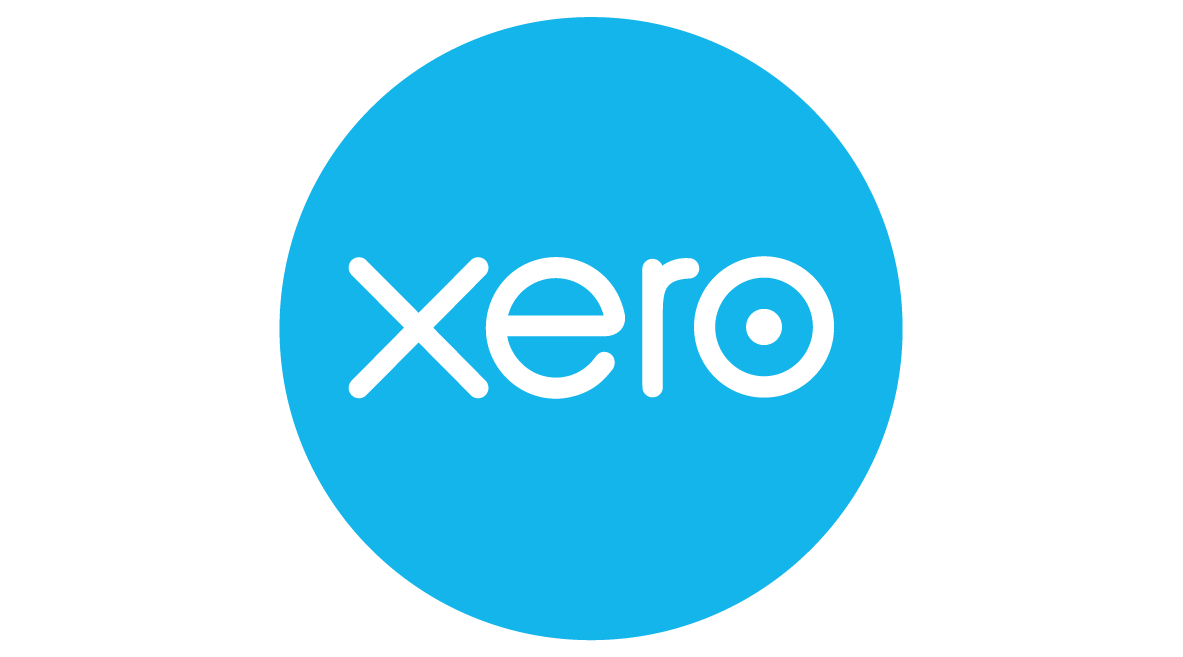
on Xero's secure website
Xero

Starting at
$13/monthAdditional pricing tiers (per month): $37, $70.
Promotion
30-or monthly discount (terms vary).
on Xero's secure website
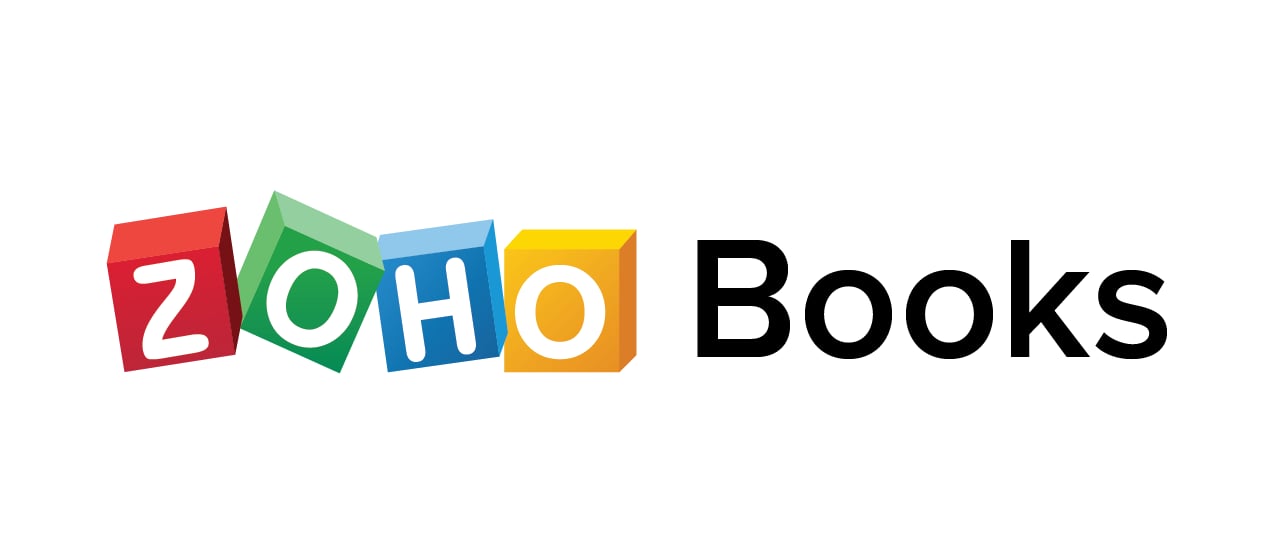
on NerdWallet's secure website
Zoho Books

Starting at
$0Additional pricing tiers (per month): $20, $50, $70, $150, $275.
Promotion
14-of the Premium plan.
on NerdWallet's secure website

on FreshBooks' secure website
FreshBooks

Starting at
$17/monthAdditional pricing tiers (per month): $30, $55, custom.
Promotion
30-or monthly discount (terms vary).
on FreshBooks' secure website

on NerdWallet's secure website
Wave Accounting

Starting at
$0Free (Wave makes money via paid money management products).
Promotion
N/Aon NerdWallet's secure website
Our pick for
Best POS software
If you have a brick-and-mortar storefront, make sure your POS software provider also offers hardware that lets you accept in-person payments.

on Square POS's secure website
Square POS

Payment processing fees
2.6% + 10¢in-person; 2.9% + 30¢ online.
Monthly fee
$0Free plan; $29 Plus plan; Custom plan available.
on Square POS's secure website

on Toast POS's secure website
Toast POS

Payment processing fees
2.99% + $0.15Monthly fee
$0Quick Start Bundle; $69 Core plan; $165 Growth plan. Custom plan also available.
on Toast POS's secure website
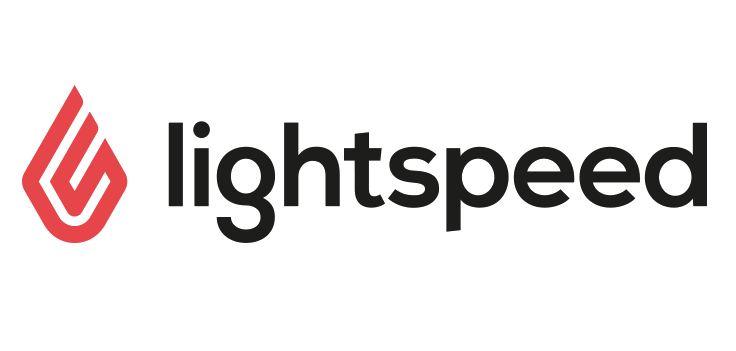
on Lightspeed POS's secure website
Lightspeed POS

Payment processing fees
2.6% + 10¢in-person; 2.6% + 30¢ online.
Monthly fee
$69and up.
on Lightspeed POS's secure website

on Shopify POS's secure website
Shopify Retail POS

Payment processing fees
2.70%in-person; 2.9% + 30¢ online (Basic plan).
Monthly fee
$0POS Lite; $89 POS Pro. (Paid Shopify plan is required for POS use.)
on Shopify POS's secure website

on Clover POS's secure website
Clover POS

Payment processing fees
2.3% + 10¢ or 2.6% + 10¢in-person; 3.5% + 10¢ online.
Monthly fee
$15$14.95 and up.
on Clover POS's secure website
Our pick for
Best payment processors
Having a payment processor is important for any business that accepts credit cards. POS software providers, like Square, offer solid, built-in payment processing services. Here are some other processors you might consider, too.

on Stripe Payments' secure website
Stripe

Payment processing fees
2.7% + 5¢in-person; 2.9% + 30¢ online.
Monthly fee
$0on Stripe Payments' secure website

on Helcim's secure website
Helcim

Payment processing fees
0.30% + 8¢plus interchange, in-person; 0.50% + 25¢ plus interchange, online.
Monthly fee
$0on Helcim's secure website

on Stax by Fattmerchant's secure website
Stax by Fattmerchant

Payment processing fees
0% + 8¢plus interchange in-person; 0% +15¢ plus interchange keyed.
Monthly fee
$99and up.
on Stax by Fattmerchant's secure website

on Payment Depot's secure website
Payment Depot

Payment processing fees
$0plus interchange (no markup).
Monthly fee
$79and up.
on Payment Depot's secure website
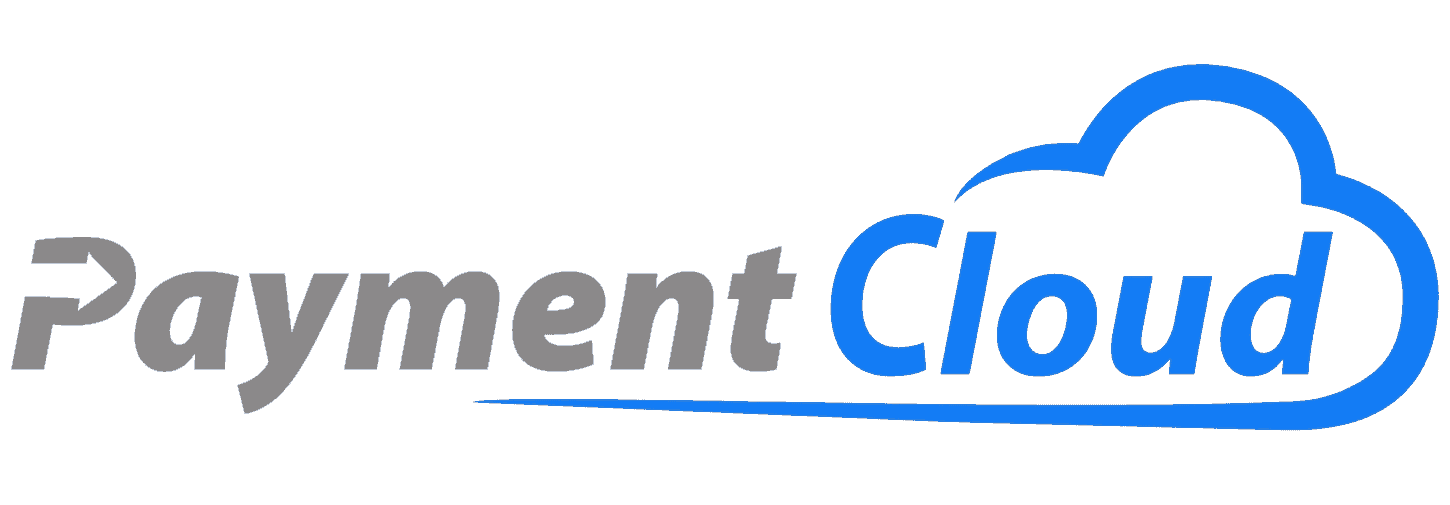
on PaymentCloud's secure website
PaymentCloud

Payment processing fees
Quote-Monthly fee
$10and up.
on PaymentCloud's secure website
Our pick for
Best payroll software
Payroll software doesn’t just make paying your employees easier — some will also calculate and file payroll taxes for you. Just make sure it integrates with your accounting software.
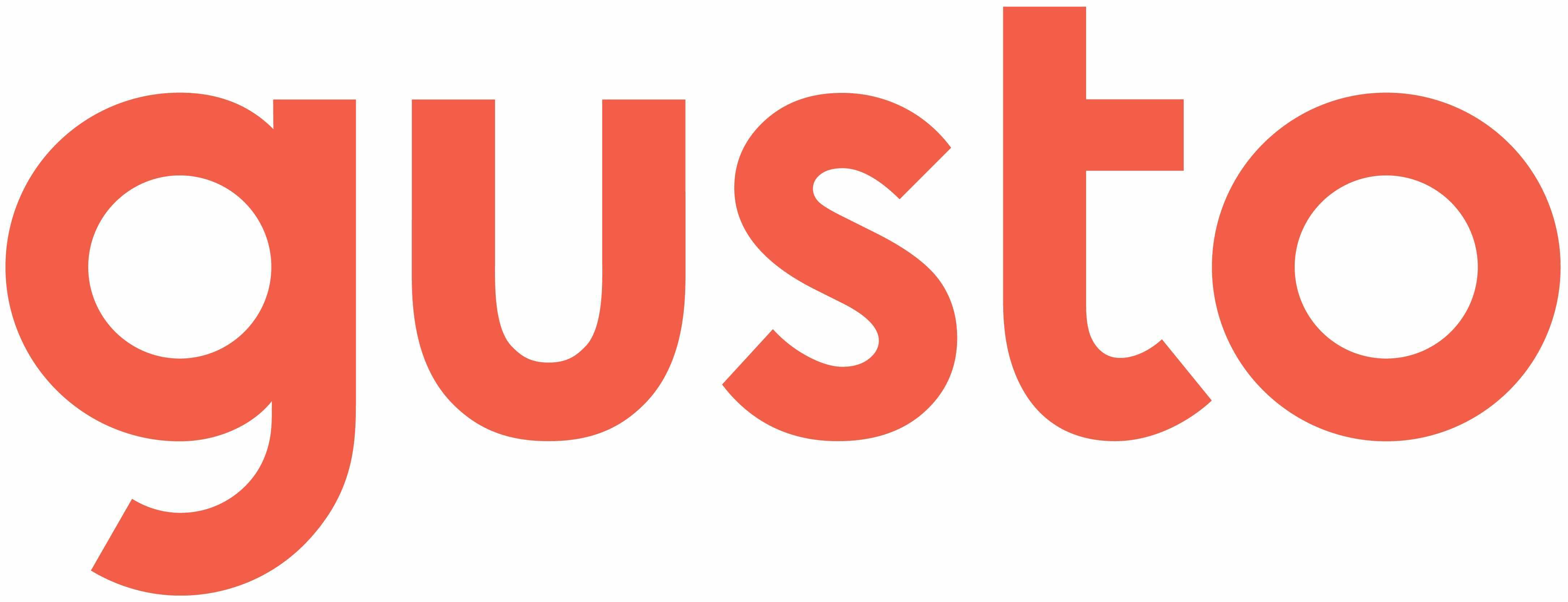
on Gusto Payroll's secure website
Gusto Payroll

Starting at
$40/monthAdditional pricing tiers (per month): $80, custom pricing. Fee per employee varies by tier.
Promotion
25% offthe Plus plan for a limited time.
on Gusto Payroll's secure website
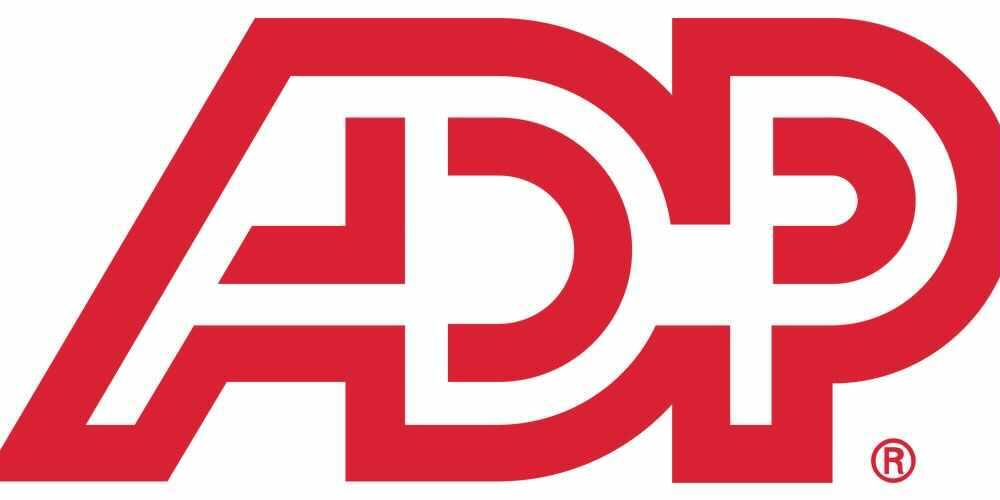
on RUN Powered by ADP's secure website
RUN Powered by ADP

Starting at
$79/monthPlus $4 per employee. Custom pricing also available.
Promotion
Three months freeTerms apply
on RUN Powered by ADP's secure website

on QuickBooks Payroll's secure website
QuickBooks Payroll

Starting at
$45/monthAdditional pricing tiers (per month): $75, $125. Fee per employee varies by tier.
Promotion
50% off50% off for three months or 30-day free trial; terms apply.
on QuickBooks Payroll's secure website

on OnPay Payroll's secure website
OnPay Payroll

Starting at
$40/monthPlus $6 per employee.
Promotion
One month freeTerms apply
on OnPay Payroll's secure website

on Patriot Payroll's secure website
Patriot Payroll

Starting at
$17/monthPlus $4 per employee. Additional pricing tiers (per month): $37.
Promotion
One month freeTerms apply
on Patriot Payroll's secure website
Our pick for
Best invoicing software
Accounting software usually comes with an invoicing feature. For example, we rate FreshBooks as one of the best all-in-one invoicing and accounting products. However, if you prefer a stand-alone invoicing product, here are several options.

Zoho Invoice

Starting at
$0Free.
Promotion
N/A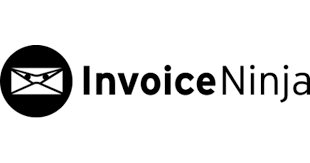
Invoice Ninja

Starting at
$0Additional pricing tiers (per month): $10, $14.
Promotion
N/A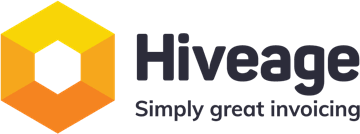
Hiveage

Starting at
$0Additional pricing tiers (per month): $19, $29, $49.
Promotion
14-of the Pro plan.
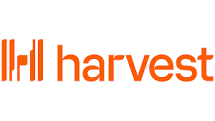
Harvest

Starting at
$0Additional pricing tiers (per month): $12 per user.
Promotion
30-Our pick for
Best inventory management software
It’s not uncommon to find inventory tracking features in your accounting or POS software. Square, Lightspeed and Restaurant365 are a few POS systems with particularly good inventory management capabilities. Here are some stand-alone options as well.

Cin7 Orderhive

Starting at
$125/monthAdditional pricing tiers (per month): $225, $325, $500 and up.
Promotion
50% offfor three months or free 15-day trial.

Brightpearl

Starting at
N/AQuote-based.
Promotion
N/A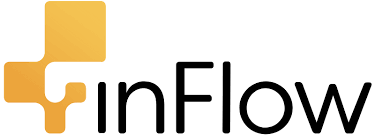
inFlow Inventory

Starting at
$110/monthAdditional pricing tiers (per month): $279; $549; $1,319.
Promotion
14-
Zoho Inventory

Starting at
$0Additional pricing tiers (per month): $79, $129, $199, $299, $399.
Promotion
14-Our pick for
Best business budgeting software
Xero and QuickBooks Online stand out for their built-in budgeting features, but there are also more in-depth, stand-alone products that can help you forecast and manage cash flow.

PlanGuru

Starting at
$99/per monthPromotion
14-
Float

Starting at
$69/per monthAdditional pricing tiers (per month): $119, $249.
Promotion
14-
Centage Planning Maestro®

Starting at
N/AQuote-based
Promotion
N/AOur pick for
Best HR software
If your business spends a lot of time hiring and training employees, it might be time to explore human resources software that can assist in benefits administration, payroll and employee onboarding. Gusto payroll plans have excellent, built-in HR features. Here are some other options.
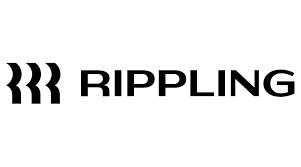
Rippling

Starting at
$35/monthPlus $8 per person.
Promotion
N/A
Namely

Starting at
N/AQuote-based pricing.
Promotion
N/A
BambooHR

Starting at
N/AQuote-based pricing.
Promotion
7-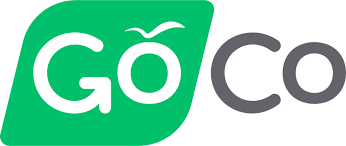
GoCo

Starting at
N/AQuote-based pricing. Plus $5 per person.
Promotion
N/A
TriNet Zenefits

Starting at
$10/monthPer person. Must pay for at least 5 people per month.
Promotion
12-With annual subscription to Growth and Zen plans.
How to choose the right business software
Before subscribing to any business software product, make a list of the different types of products and features you think you’ll need. If you’re not sure where to start, most small businesses require accounting software. From there, does your business have employees? If so, landing on a payroll software option that integrates with your accounting software is a good next step.
In addition to considering which features meet your business’s specific needs, have a monthly software budget in mind and make sure your products directly integrate with each other. Paying for indirect integrations may add unnecessary costs.
If you want to learn more about the different types of business software — and see even more options — check out NerdWallet’s picks for:
Last updated on March 31, 2023
Methodology
Here’s more information about how we evaluate accounting software, POS systems, payment processing providers and payroll software services.
To recap our selections...
NerdWallet's Best Business Software of June 2023
- QuickBooks Online: Best for Best accounting software
- Xero: Best for Best accounting software
- Zoho Books: Best for Best accounting software
- FreshBooks: Best for Best accounting software
- Wave Accounting: Best for Best accounting software
- Square POS: Best for Best POS software
- Toast POS: Best for Best POS software
- Lightspeed POS: Best for Best POS software
- Shopify Retail POS: Best for Best POS software
- Clover POS: Best for Best POS software
- Stripe: Best for Best payment processors
- Helcim: Best for Best payment processors
- Stax by Fattmerchant: Best for Best payment processors
- Payment Depot: Best for Best payment processors
- PaymentCloud: Best for Best payment processors
- Gusto Payroll: Best for Best payroll software
- RUN Powered by ADP: Best for Best payroll software
- QuickBooks Payroll: Best for Best payroll software
- OnPay Payroll: Best for Best payroll software
- Patriot Payroll: Best for Best payroll software
- Zoho Invoice: Best for Best invoicing software
- Invoice Ninja: Best for Best invoicing software
- Hiveage: Best for Best invoicing software
- Harvest: Best for Best invoicing software
- Cin7 Orderhive: Best for Best inventory management software
- Brightpearl: Best for Best inventory management software
- inFlow Inventory: Best for Best inventory management software
- Zoho Inventory: Best for Best inventory management software
- PlanGuru: Best for Best business budgeting software
- Float: Best for Best business budgeting software
- Centage Planning Maestro®: Best for Best business budgeting software
- Rippling: Best for Best HR software
- Namely: Best for Best HR software
- BambooHR: Best for Best HR software
- GoCo: Best for Best HR software
- TriNet Zenefits: Best for Best HR software